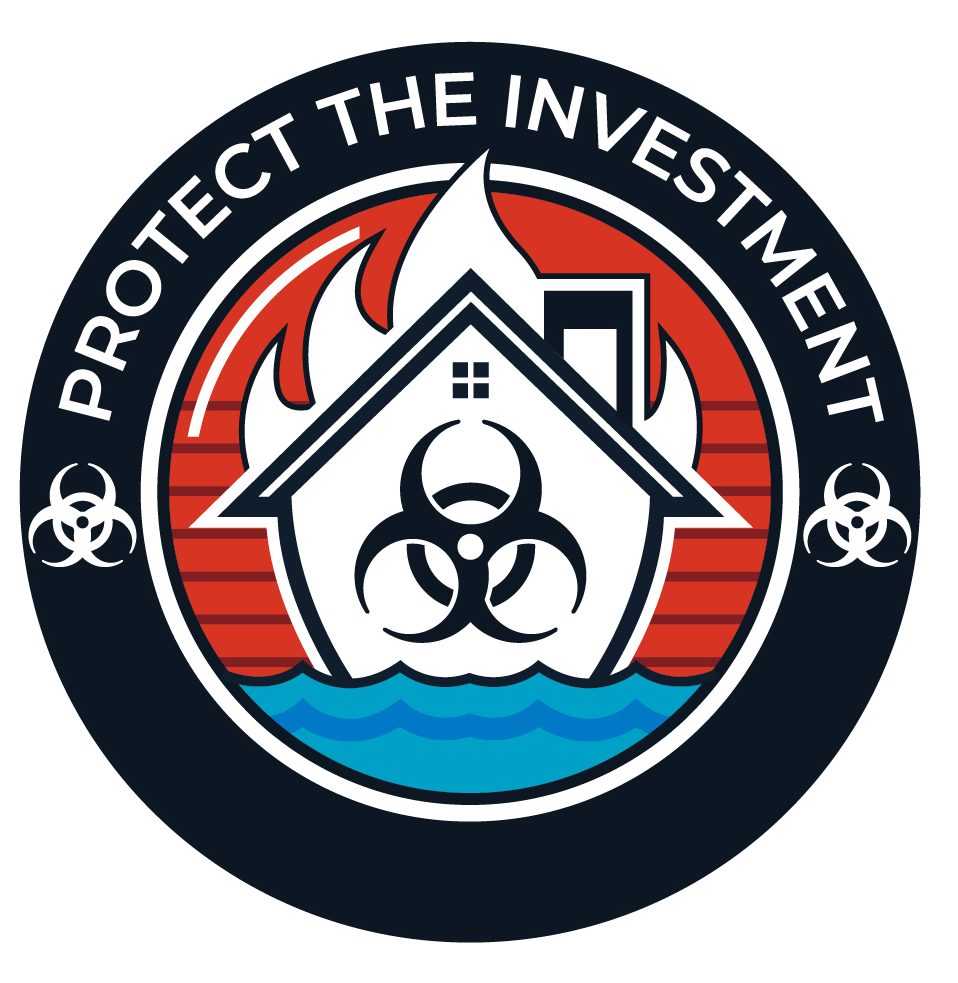Homeowners often focus on visible issues like leaks, cracks, or insulation when thinking about safety. Yet, one of the most serious threats is completely invisible. Radon is a naturally occurring radioactive gas that seeps into homes from the ground. You cannot see, smell, or taste it, but it can seriously affect your health. A radon inspection is the only reliable way to know whether your home is safe. Understanding this process and why it matters could protect your property and your family.
Understanding Radon and Its Risks
Radon forms naturally when uranium in soil and rock breaks down. The gas moves through the ground and enters homes through cracks in foundations, gaps around pipes, or crawl spaces. Once inside, it can accumulate at dangerous levels, especially in poorly ventilated spaces like basements.
Long-term exposure to radon is a leading cause of lung cancer among non-smokers. In fact, health agencies estimate that thousands of deaths each year are linked to radon exposure. What makes radon especially dangerous is that you could live with it for years without noticing. This silent risk is why a radon inspection is so essential.
What Happens During a Radon Inspection
A radon inspection involves testing the air inside your home for the presence of the gas. Certified inspectors use specialized equipment to measure radon levels over a specific time. Short-term tests usually last two to seven days, while long-term tests can last up to a year for more accurate results.
The inspector places testing devices in key areas, often in the lowest lived-in space of your home, such as a basement or ground floor. These devices record radon concentrations, which are then analyzed to give a clear reading. If results show radon levels above the recommended threshold, your inspector will recommend mitigation steps.
Why Every Home Needs a Radon Inspection
Some homeowners believe radon is only a concern in certain regions, but the truth is that radon can appear anywhere. Even neighboring houses can have drastically different radon levels. Soil composition, foundation type, and ventilation all affect how much gas enters a home.
Every home, regardless of age or location, should undergo a radon inspection. New builds are not immune, and older homes with foundation cracks may be at even greater risk. Protecting your family from a risk that is both invisible and potentially life-threatening should never be optional.
The Benefits of Scheduling a Radon Inspection
When you schedule a radon inspection, you do more than protect health. You also safeguard the value of your property. If you ever plan to sell your home, buyers and lenders may request proof of radon testing. Having inspection records ready shows that you take safety seriously and maintain your property responsibly.
Another benefit is peace of mind. Knowing your radon levels are safe allows you to live comfortably without worrying about hidden dangers. If your home does have high levels, discovering the problem early gives you time to act. With professional mitigation systems, radon levels can be reduced effectively, making your home safer.
How Mitigation Works After an Inspection
If your radon inspection reveals elevated levels, professional mitigation is the next step. The most common method involves installing a system that draws radon from beneath the foundation and vents it safely outside. These systems use fans and specialized piping, and when installed by experts, they work continuously to keep radon levels low.
Mitigation is highly effective and relatively affordable compared to the potential health risks of ignoring the issue. By combining inspection with proper mitigation, homeowners ensure their families live in a safe environment year after year.
When to Schedule a Radon Inspection
The best time to schedule a radon inspection is before buying a home, but current homeowners should not delay. If your home has never been tested, now is the time to take action. Seasonal changes can also affect radon levels, so testing at different times of the year gives a more accurate picture.
If you recently renovated your basement or sealed parts of your foundation, consider a new inspection. Changes in structure and ventilation can alter how radon moves through your home. Regular inspections ensure your home stays protected over time.
Trusting Professionals for Radon Testing
While DIY radon testing kits are available, professional inspections offer more accurate and reliable results. Certified inspectors use high-quality equipment, follow strict testing protocols, and provide detailed reports. They can also guide you through the next steps if mitigation is necessary.
At Protect The Investment, we believe that no homeowner should live with uncertainty. A professional radon inspection is a small step that delivers lasting safety for your home.
Conclusion
Radon is a silent and serious threat that every homeowner must take seriously. Because it cannot be detected by sight or smell, a radon inspection is the only way to know your exposure level. By investing in this simple yet vital process, you protect your family’s health, preserve your property’s value, and gain peace of mind. Protect The Investment is here to help you take that step with confidence and care.
FAQs
What is radon and why is it dangerous?
Radon is a radioactive gas that comes from the natural breakdown of uranium in soil and rock. It is dangerous because long-term exposure can cause lung cancer.
How often should a home have a radon inspection?
Experts recommend testing every two years or after any major home renovation that could affect airflow or the foundation.
Can new homes have radon issues?
Yes, new homes can have high radon levels. Construction type and soil conditions can cause radon buildup regardless of the home’s age.
What happens if my radon levels are high?
If your inspection shows elevated radon, a mitigation system can be installed to safely vent the gas outside and keep levels low.
Is professional radon testing more accurate than DIY kits?
Yes, professional inspections use specialized equipment and strict protocols, which provide more reliable and detailed results compared to DIY kits.

